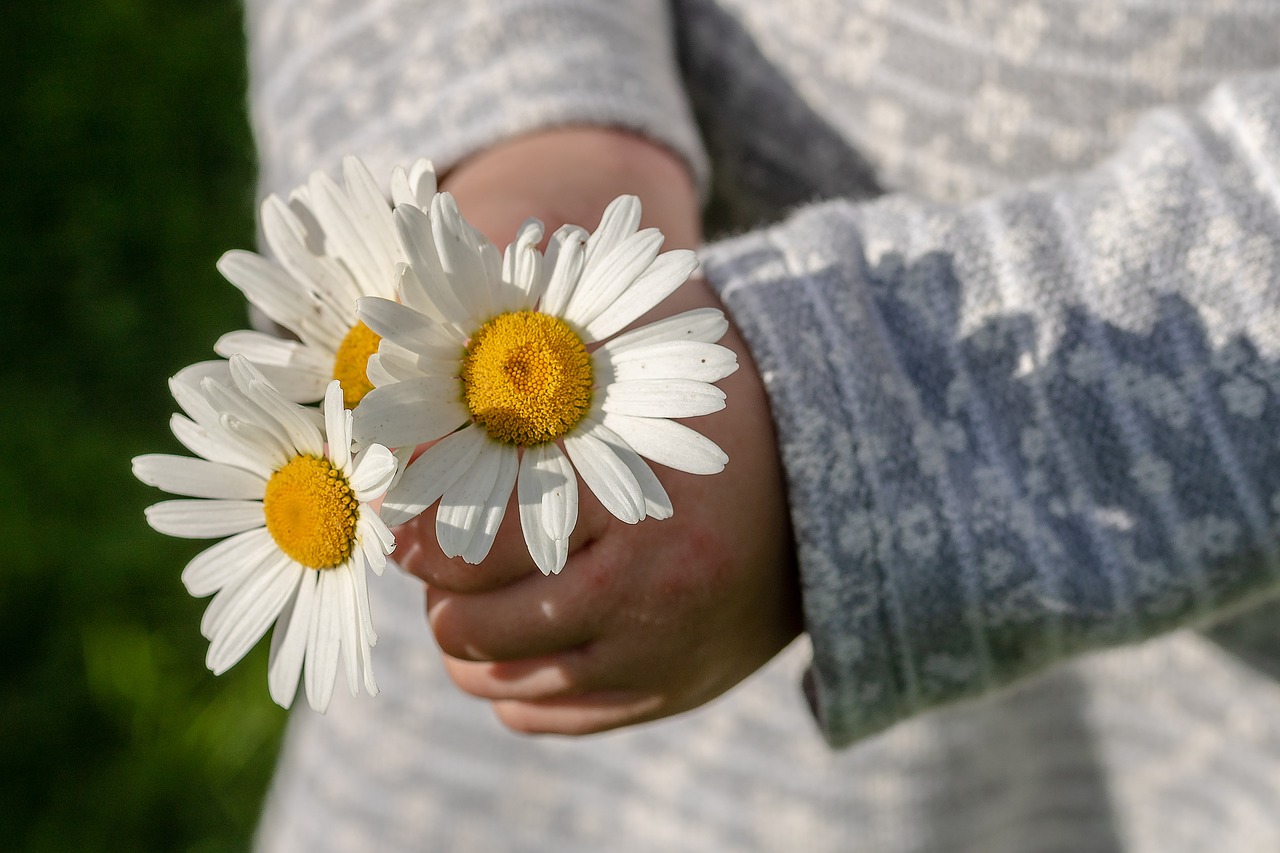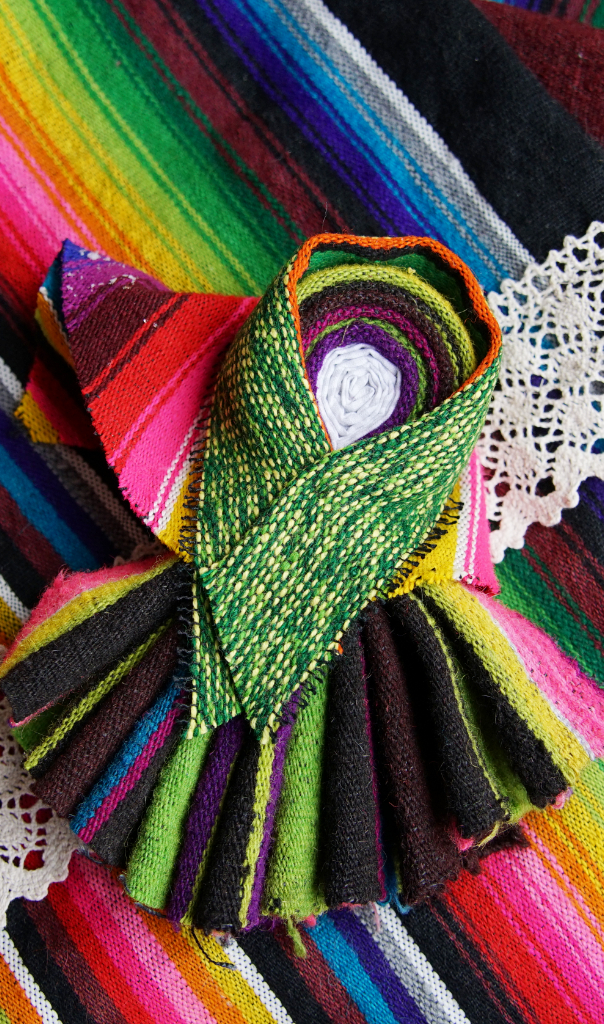We wish all Mothers on the occasion of their holiday peace, patience and love. That in the multitude of daily duties they find time to pursue their own dreams and passions. Because it is known not from today that a happy mother is a happy child.
The origins of this holiday date back to ancient times, when special veneration was given to mother-goddesses, symbols of fertility and fertility. Ceremonies were then held to win their favor, but also to show respect through offerings and donations. In Egypt, women who were mothers were held in the highest regard, identifying their roles with Isis, the goddess of fertility and protector of the family. In Greece, Gaia, Mother-Earth, and later her daughter Rea, who, according to Greek mythology, was the first to feed her children with mother's milk and bestowed this ability on humans, were revered. In ancient Rome, a three-day festival of the goddess Kybele - the mother of spring and fertility - was celebrated. Over time, the celebration of Mother's Day slowly declined, which may be related to the changing social status of women.
Seventeenth-century England returned to celebrating the holiday, which, as in ancient times, had more of a spiritual dimension and was called Sunday at Mother's. It was celebrated on the third or fourth Sunday of Lent. On this day, children, regardless of age, spent time in the family home. Even prisoners serving sentences for minor offenses or soldiers on duty received occasional passes on this day. Also, children sent to work on the manors and estates of wealthy families would return home on this day, where special prepared treats awaited them.
In the United States, Mother's Day is celebrated on the second Sunday in May. In 1858, schoolteacher Ann Maria Reeves Jarvis began a campaign to establish a Mother's Day holiday, claiming that the domestic duties of female parents were underestimated and belittled. A few years later, she was joined by her daughter Julia Ward Howe. In 1905, they established the first Mother's Day in the United States. In 1914, the American Congress recognized the day as a national holiday. As part of the celebration, flags appear in front of homes and government institutions, and outdoor events and family picnics are held.
In Poland, Mother's Day falls on May 26. The first celebration was held in 1914 in Krakow. After our country gained independence, the custom grew in importance and became part of Polish tradition. Nowadays, it is a family holiday, during which the youngest children make small gifts for their mothers, and in schools and kindergartens special artistic performances are prepared with the participation of children.
In many countries around the world, Mother's Day is celebrated on the second Sunday in May, including Canada, Germany, Greece, India, Slovakia, Ukraine, Italy, the Netherlands, Finland, Croatia, Denmark and the Czech Republic. In some countries, such as Belarus, Russia, Armenia and Bulgaria, the holiday is combined with Women's Day.
The family has a tremendous impact on a child's attitude to the world around him and to the norms and values in it, and above all on the formation of his personality. Although the roles of both parents complement each other, the woman is expected to be warm, cordial, understanding, an outpouring of affection, understanding and acquainting the child with moral principles. In the past, in a rural family it was the mother who played the role of educator and teacher imparting knowledge of traditions and rituals. She influenced the collective memory of the family, shaped the fondness and aesthetic tastes of individual family members. Daughters in particular brought from home certain habits and practical skills observed in the family home. It was believed that one should take care of customs, remember them, and not be ashamed of one's origin. This is because these factors testify to our individual cultural heritage.
Mothers also had the task of raising their children in the spirit of patriotism, self-sacrifice and loyalty to the fatherland. They were responsible for creating an atmosphere conducive to the cultivation of national and family traditions, customs, respect for the mother tongue and the formation of moral values. A lasting aspect of their work was to be knowledge of native history and culture, traditions and values, as well as the current conditions and needs of the country.
And although the role of the mother has changed its character over the past centuries, it is still extremely important today and is the most important life foundation for the child's forming personality. It is worth remembering this and showing her your love at every step!
Featured photo - public domain - https://pixabay.com/pl/photos/stokrotki-leucanthemum-maksimum-3482335/
Sources:
- naszeszlaki.pl
- Anna Jozefowicz: "The Social Role of the Mother in a Rural Family in the Second Polish Republic." Bialystok: Trans Humana, 2011.
- https://psychologiawpolsce.pl/rola-matki/

